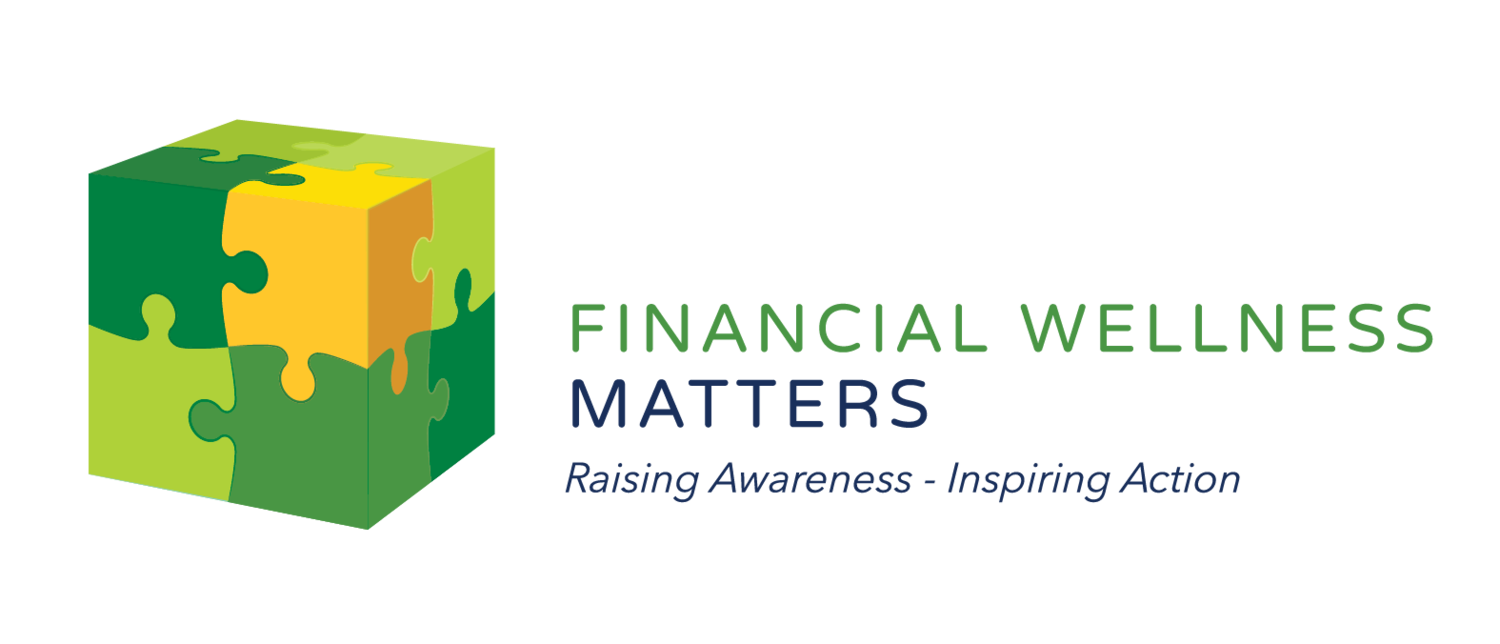Mind The Gap - The Role of Peer Support Networks
- By Darren Smith
As financial wellbeing advocates, one key objective of our work is to encourage more organisations to create the space for their teams to talk about how they manage money and achieve what is important to them.
Well-structured and well-prepared peer groups or networks within an organisation can be a powerful force of change and support for their colleagues. This trusted group can play a role in making support relevant, timely, and accessible.
Involving wellbeing champions or peer groups in the rollout and design of initiatives can lead to increased adoption and greater buy in. Not involving them can achieve the opposite.
Organisational leaders need to ensure that this valuable resources is not over utilised or overburdened. The peer groups can help bridge the gap between expectations of support. Quite often, these groups can be given so many initiatives as an extra job and workload and in some cases, these groups are ill equipped to deliver the messages or deal with any of the resulting questions.
So, task one is to establish what role will the peer groups take on?
A person to talk to and who can listen
A connector to resources
A problem solver
A subject matter expert
There is a responsibility on the employer to ensure that this group is prepared, trained, and it is build in their job rather than an added extra. Recognition by the employer of this role and formalising it takes away the feelings of guilt, time pressures, etc. It also means that this group can invest more dedicated time.
In the area of cost-of-living support, this group are the ears on the ground. They can be the facilitator and sharer of resources. They can spot and share hot spots or behaviours that may be out of sync and get them early in the journey. They can share personal experiences which are relatable.
Of course, how well prepared this group is for the rollercoaster of emotions that they will be exposed to is important. There is an opportunity to skill these team members up on common issues and areas as well as ensure they know and can share the best resources that will absorb some of the pressures. There needs to be an investment in this group by the organisation.
In terms of resource connection, this could be directly to an internal resource, or it could be to an external support mechanism such as financial educator or employee assistance program hotline.
It is a double-edged sword as this group are trusted and have the opportunity to keep it real and relatable. However, a little bit of knowledge can be dangerous, particularly when it comes to managing money. These peer groups need to ensure that they don’t deliver messages that are impacted by their own bias and experiences.
Peer support networks play such an important role in organisations. They are a connector. They can also be part of the solution in helping employers bridge the gap between what support they are delivering to their teams and accessibility to it from the employees. This is true in so many elements of wellbeing initiatives by especially so in money.
